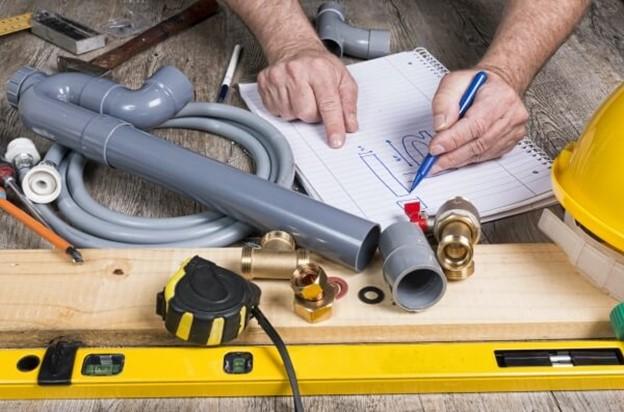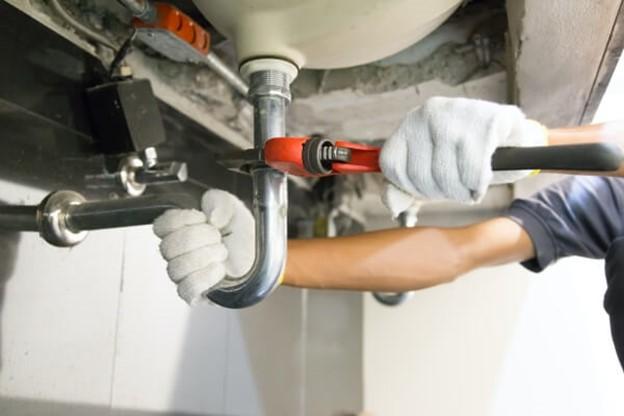DIY Plumbing Maintenance Tips

Some people are afraid to take up plumbing maintenance on their own. But the thing is, it’s not as hard as it seems. With some basic knowledge, you too can save up some money by doing your own maintenance work.
If you want another reason to do so, keep in mind that your plumbing system makes up around 15% of your home’s total value. That’s quite a good investment if you ask us. Being able to sell your house at a higher price solely due to some well-made decisions is wonderful. Let’s see what steps you can take to achieve this dream.
Daily Plumbing Maintenance Tips
One of the most common issue regarding plumbing in any household is clogging. Thing is, clogs aren’t just a simple nuisance. They can severely shorten the lifespan of your entire plumbing system. This happens because of all the extra pressure and added stress on the pipes.
Fortunately, you can prevent this by doing some simple things that don’t even require you to disassemble or replace anything:
First and foremost, avoid throwing cooking oils and fats, such as butter, in the sink. Always turn on your garbage disposal system when rinsing heavily-soiled dishes.
Speaking of the disposal system, never put stringy or fibrous food waste down the drain. Celery, potato, and banana peels are some of the most common culprits for clogs. And remember to always allow the water to run for at least 15 seconds after you’ve turned off the garbage disposal unit.
As for the bathroom, install screens on the drains to avoid letting hairs clog the pipes. And don’t use your toilet as a trash bin. Throw only toilet paper in it and nothing more aside from your “business”.
Weekly Plumbing Maintenance
Check for leaks by looking under the sinks for puddles and other signs of moisture. If bubbles appear while you’re testing the sink and shower drains, it’s usually the sign of slow drainage.
Next, turn on all the faucets in your house and see if any of them have water coming through the handles. Detecting leaks shouldn’t be difficult as long as you know where all your drains and sources of water are located. In most cases, small leaks can be fixed by replacing the loose pipe fittings. It shouldn’t be too much of a hassle.

On a weekly basis, you should also test your water filter to see if it’s still capable of doing its job properly. Depending on your level of water pollution and how much water you use per week, this can vary greatly. And because each filter is different, you’re going to have to consult the owner’s manual. To see more details about this type of maintenance, we recommend visiting Water Filter Answers.
Seasonal Plumbing Maintenance
Every time the season changes, your plumbing system gets affected by the fluctuating temperature and atmosphere pressure.
During fall, it’s best to check your outdoor spigots and water hoses. If left connected, the hoses can freeze and cause other major issues. Shut off the outdoor spigots water valves and drain the water.
If there are any leaks, it’s best to contact a plumber before winter sets in. Insulate the pipes around your home and cover the outdoor spigots with insulated Styrofoam coverings.
When it comes to your water heater, make sure to temperature setting at 120° Fahrenheit for optimal performance. Flush the heater out to remove sediment and reduce the possibility of corrosion. While you’re at it, you can also test the heater’s pressure by releasing the valve, lifting the lever and allowing it to snap back.
The Bottom Line
Do you see how easy it is to perform basic maintenance tasks? Start doing it yourself and save some cash for other things that you may need.
Only call a plumber when you encounter problems that you have no idea how to fix. Or call a plumber and have them do the maintenance professionaly, whatever works for you.
More to Read:
Previous Posts:


